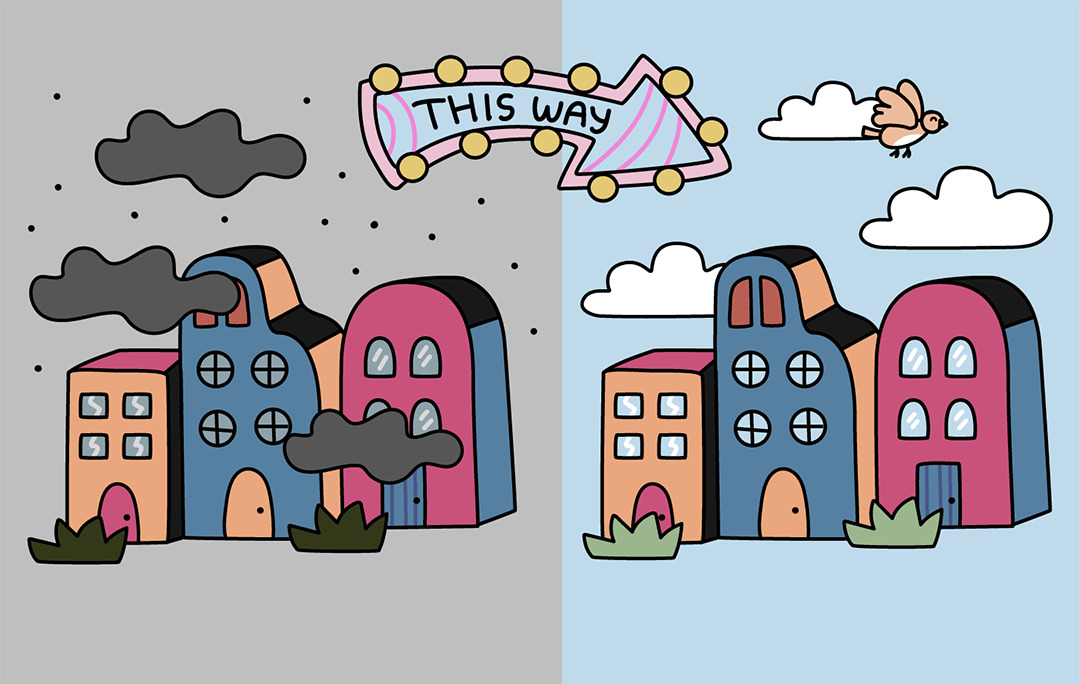
I clearly remember the tipping point that got me thinking about. It was December 2018 and I had just landed at Indira Gandhi International Airport in New Delhi to visit my parents for the holidays. As I was waiting to be picked up, I found myself unable to breathe properly. After a quick privilege check and a google search, it became apparent that the state of the environment in New Delhi was dire. Air pollution in India’s capital continues to be responsible for 60,000+ premature deaths every year and reducing life expectancy by at least 7 years.
As silicon valley executives and tech giants continue to prioritize replicating the world into a 4D replica of real life and push their privileged wrapped novel vision of the world where distance and constraints presented by the world don’t matter, it is important that we take a systems lens to understand what the Metaverse would mean for not just how we interact with fellow humans but also with the world around us. The current trends in technology seldom force us to think about the impact of digital products on our built environment. My own work in this field has surfaced how the lack of empathy for the physical environment leads us to a way of thinking that I call “2D thinking”. It is sense-making of the world in two dimensions- Physical and digital hugely discounting the biological dimension that enables the mediation between the former two.
By disregarding the role of nature in shaping our reality, we succumb to seeking pleasure in the built world when the digital becomes boring, and we go digital and when the physical becomes too monotonous. There are good reasons to succumb to 2D thinking. For most of us reading this article on an electronic device, e-commerce and global trade have made it extremely cheap and easy for us to get someone else to build what we want, ship it, and help bring our imaginations to reality without ever having to care about how something is built but I believe that causes apathy between us and our surroundings because without understanding and being critical about how the physical impacts the digital and vice versa, we succumb to the externalities that result from such ignorance.
Technology, unfortunately, is responsible for proliferating this extractive mindset by rewarding effort and attention towards short-term objectives and deviating our attention and focus on wicked problems such as urban air pollution. As we start to derive meaning and connection in and from the metaverse, which I have no doubt technology can enable us to realize, it is important to recognize its potential to exacerbate existing inequities and its contribution to “not my problem” mindset that has direct and negative impacts on the health of the environment we inhabit. I remain quite confident that even if we perfect the many dimensions of human interactions in the metaverse, planting trees and driving EV’s in the virtual world will not make the air that my parents breathe on a daily basis any cleaner.